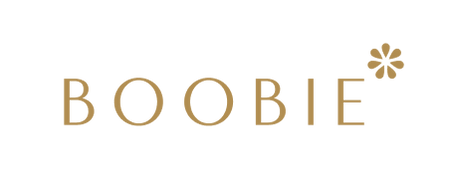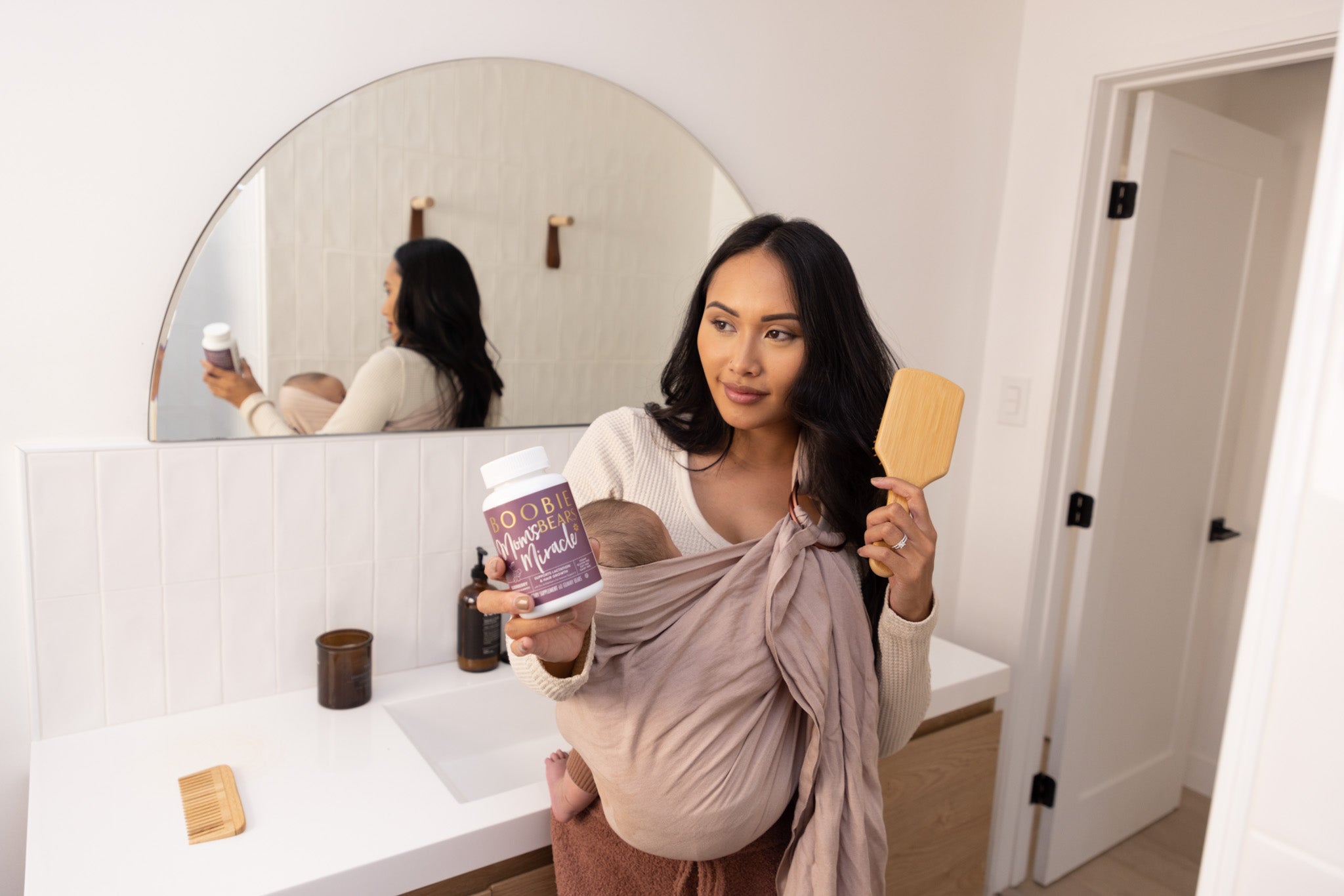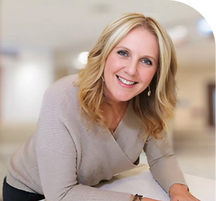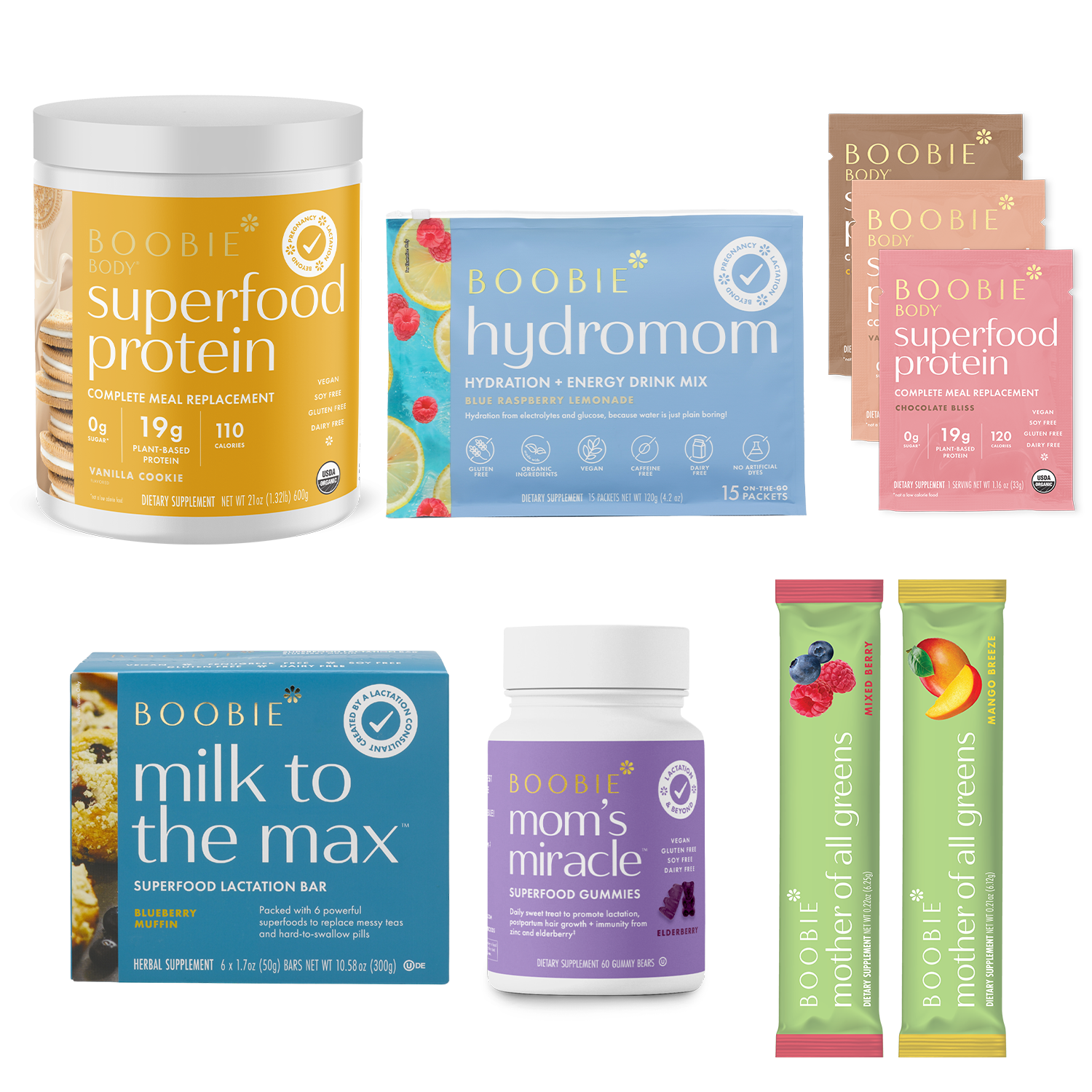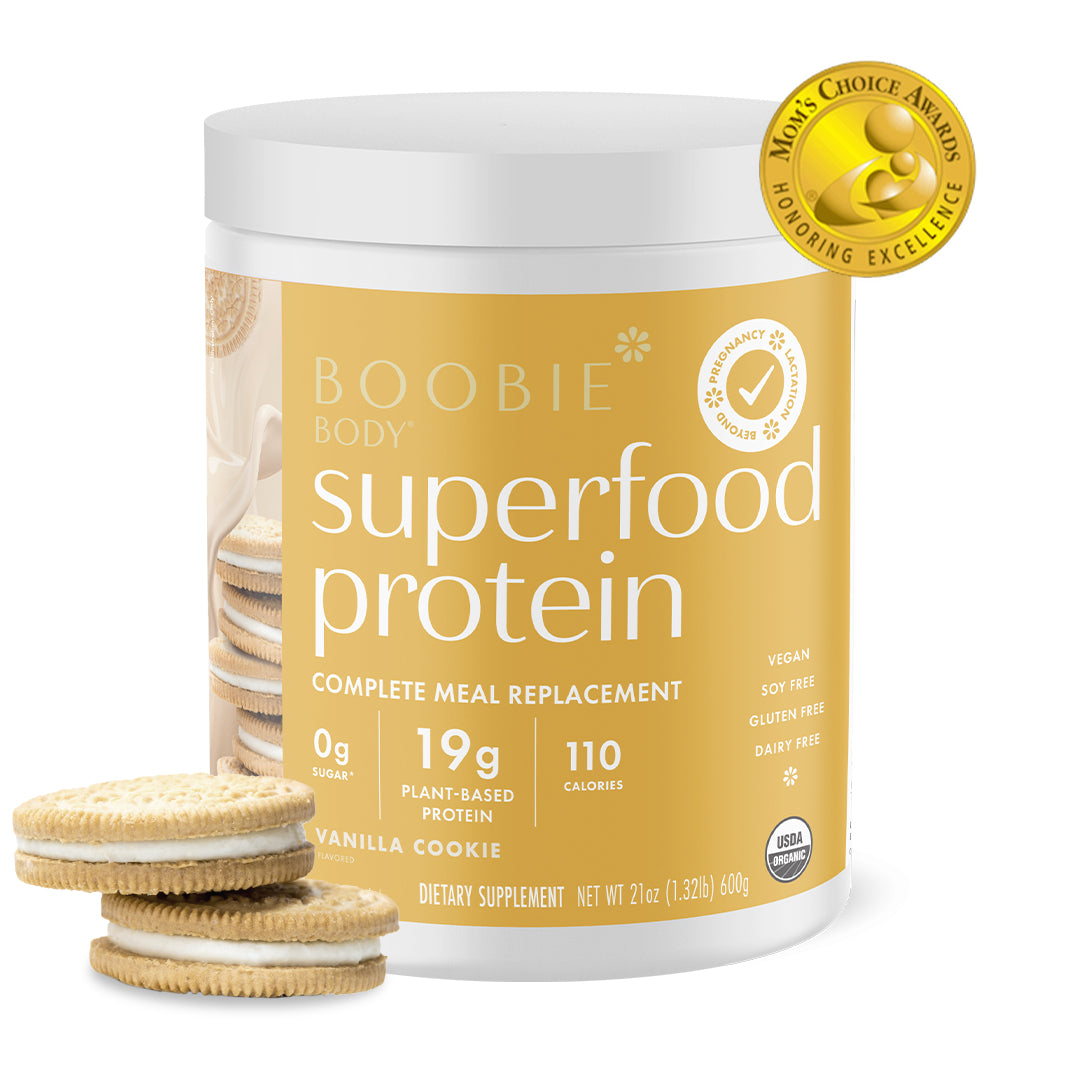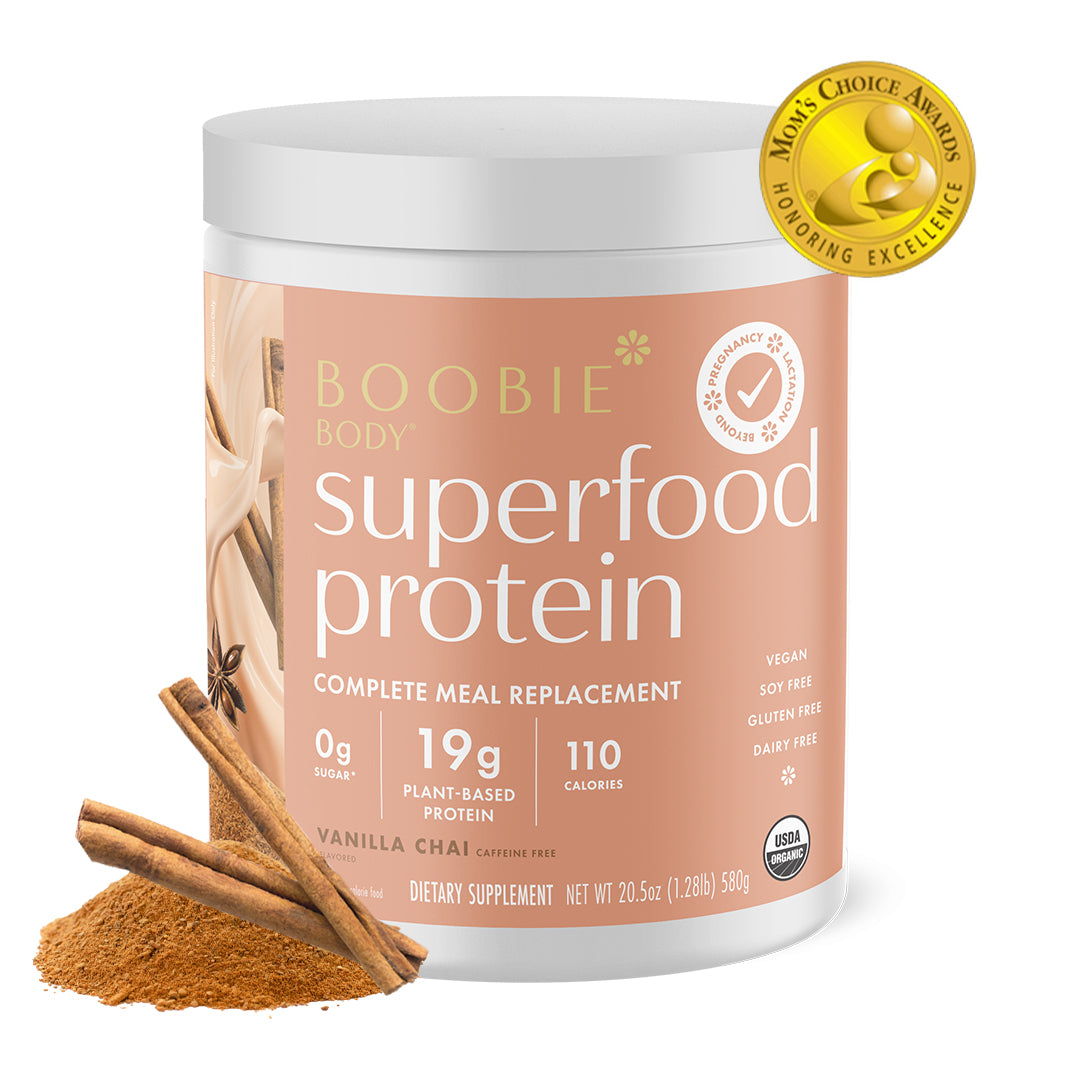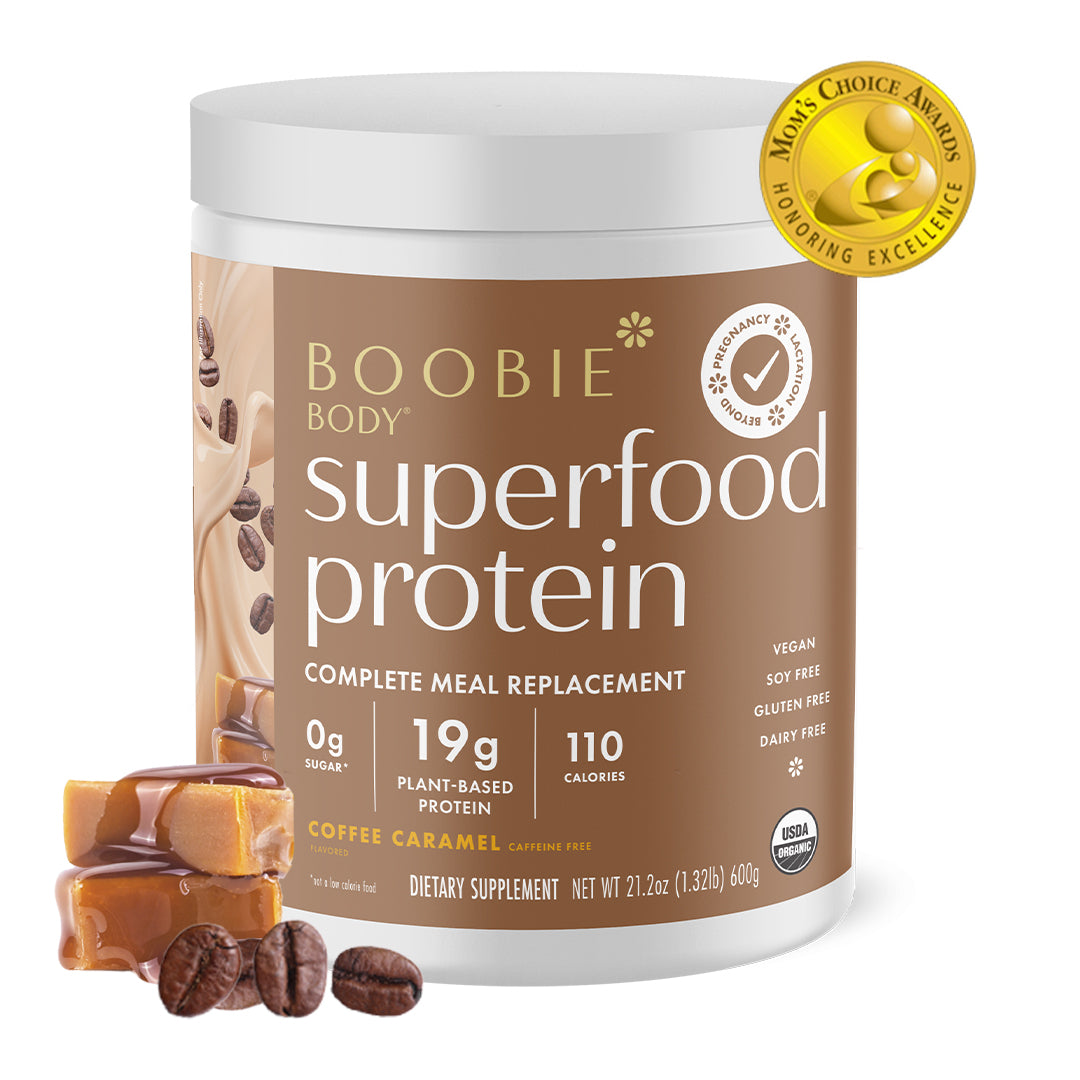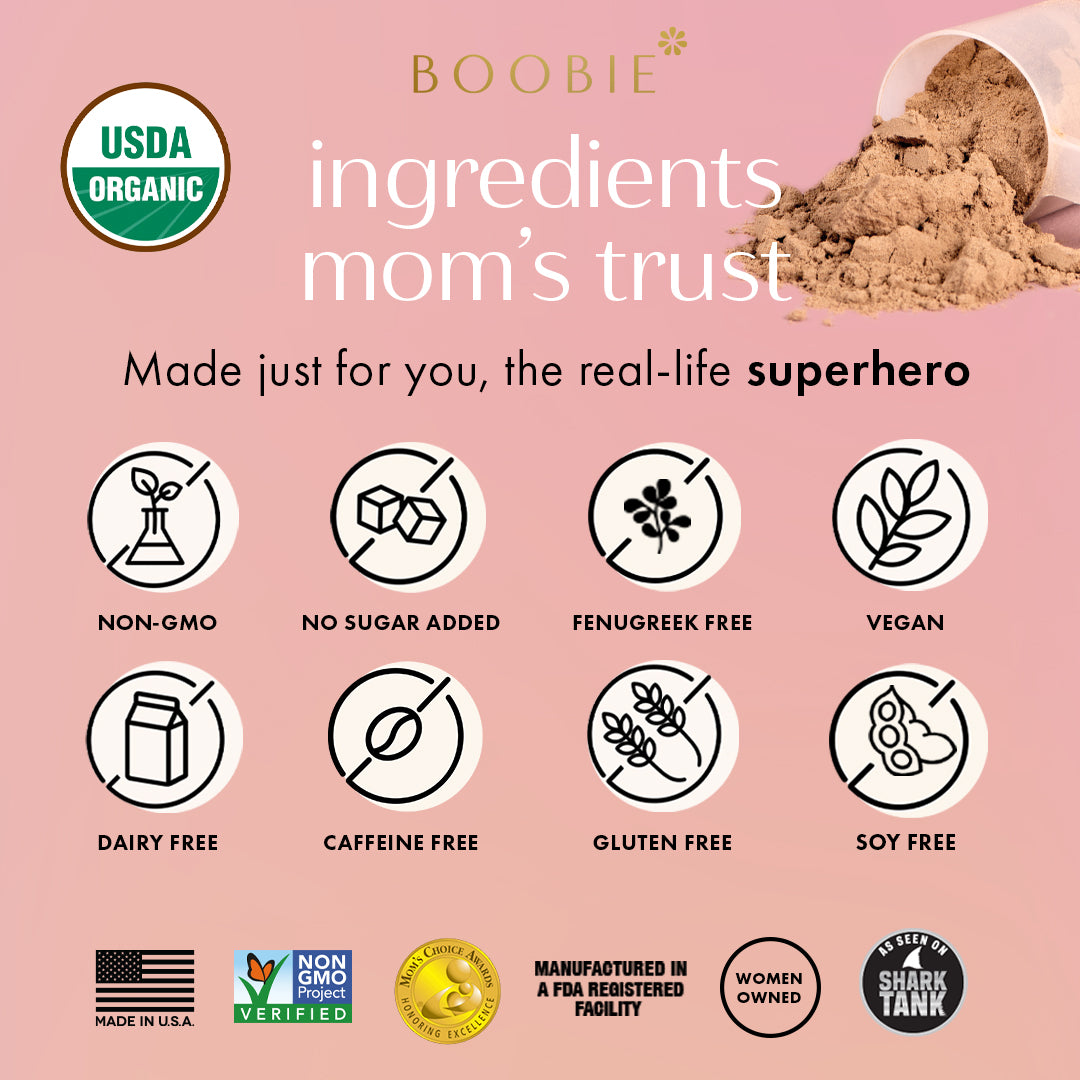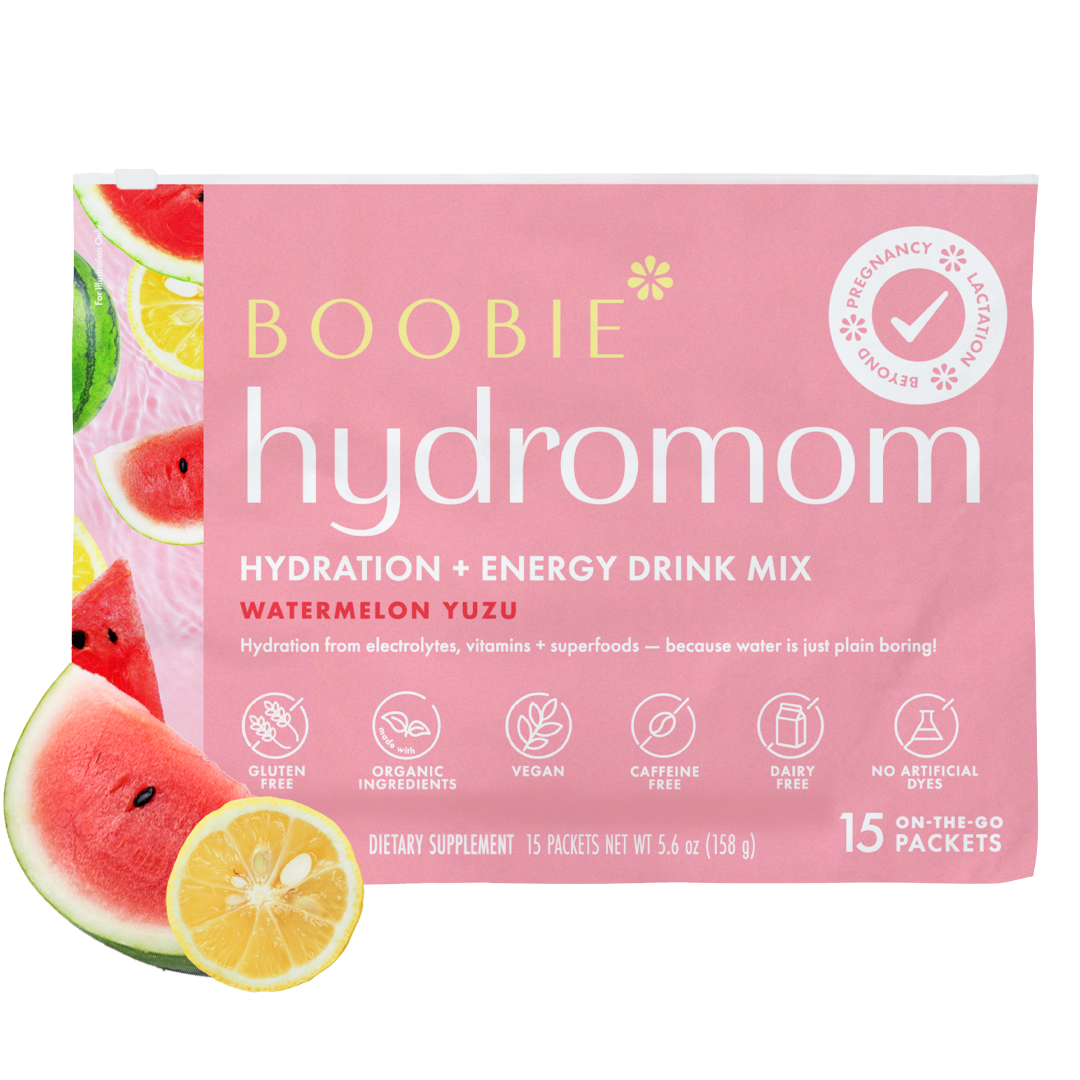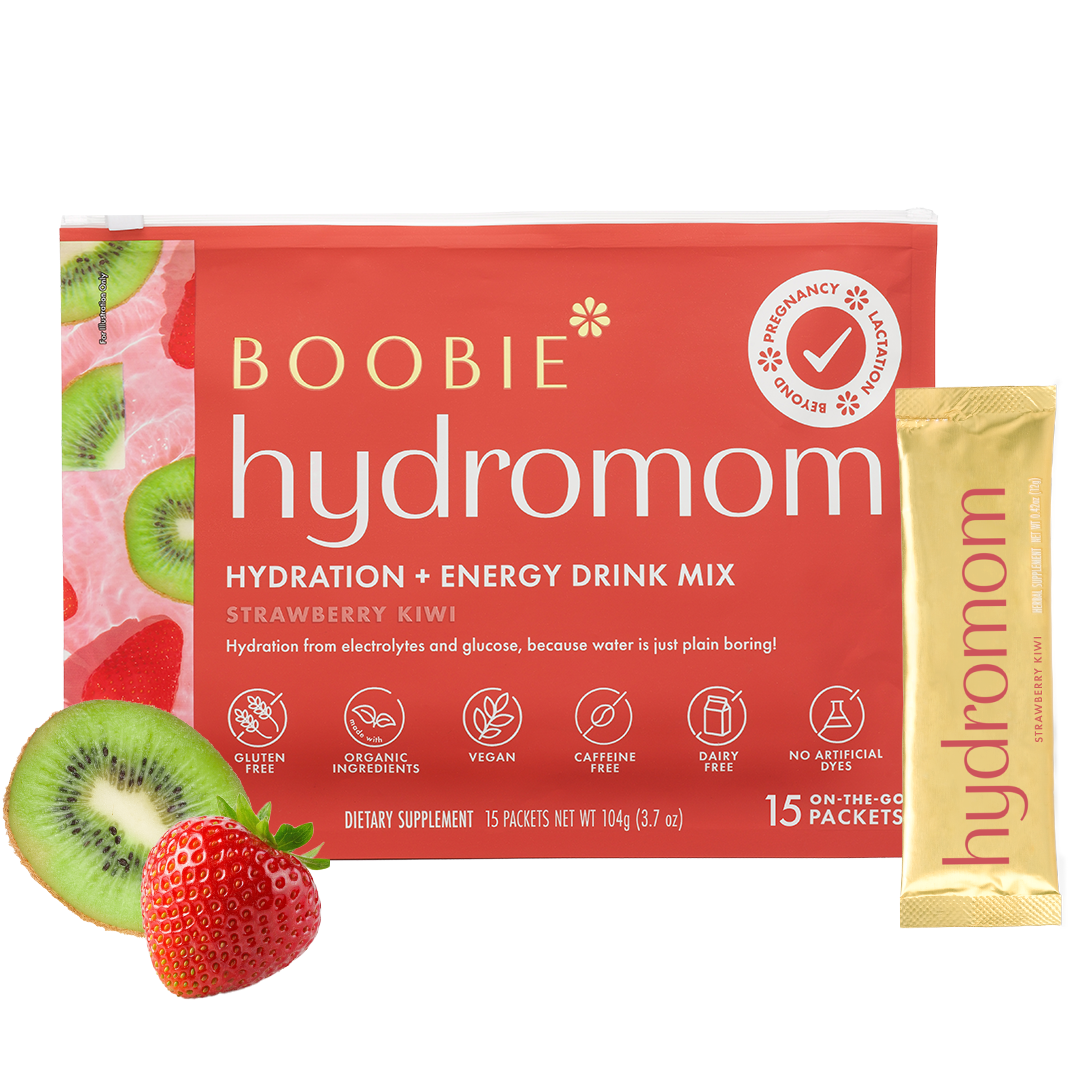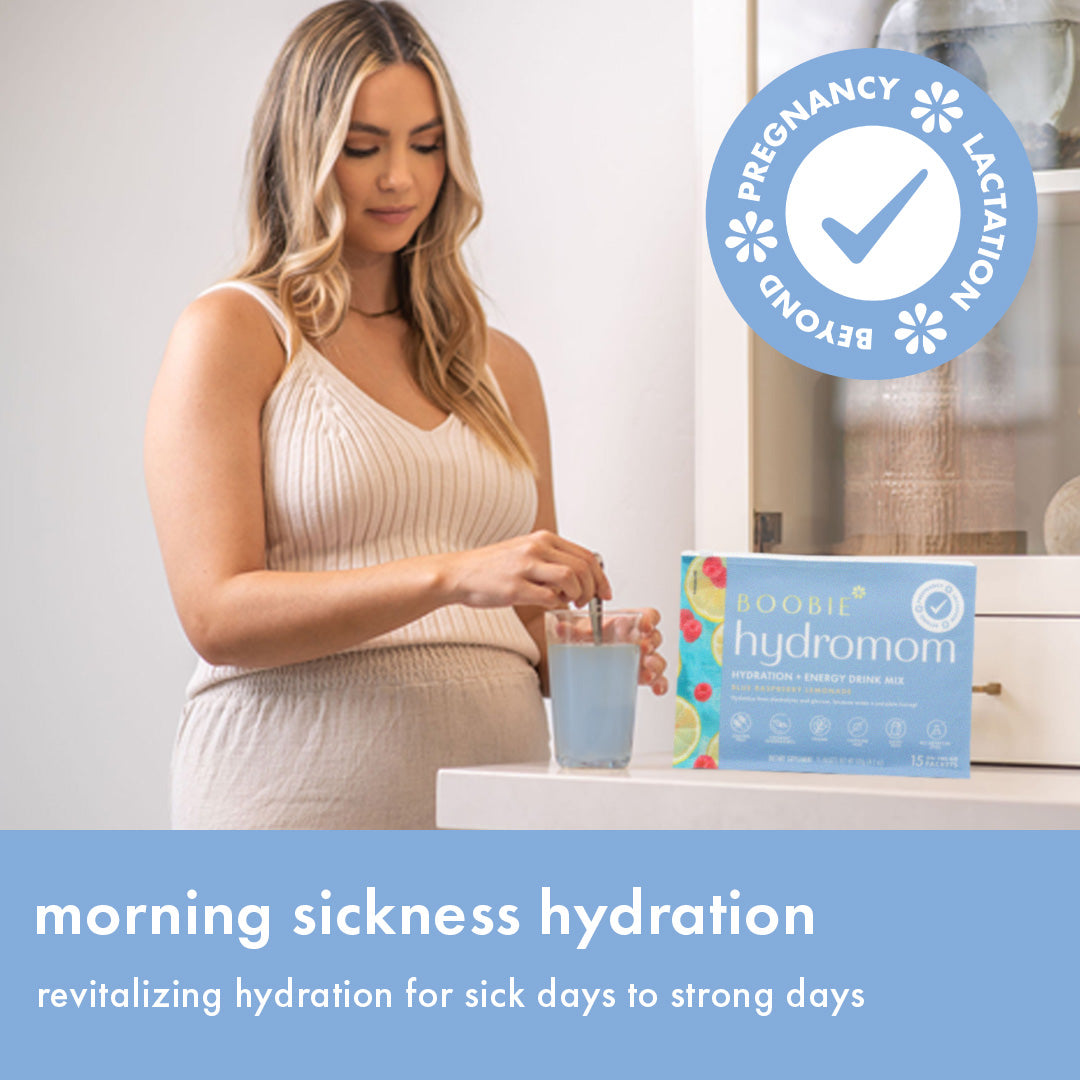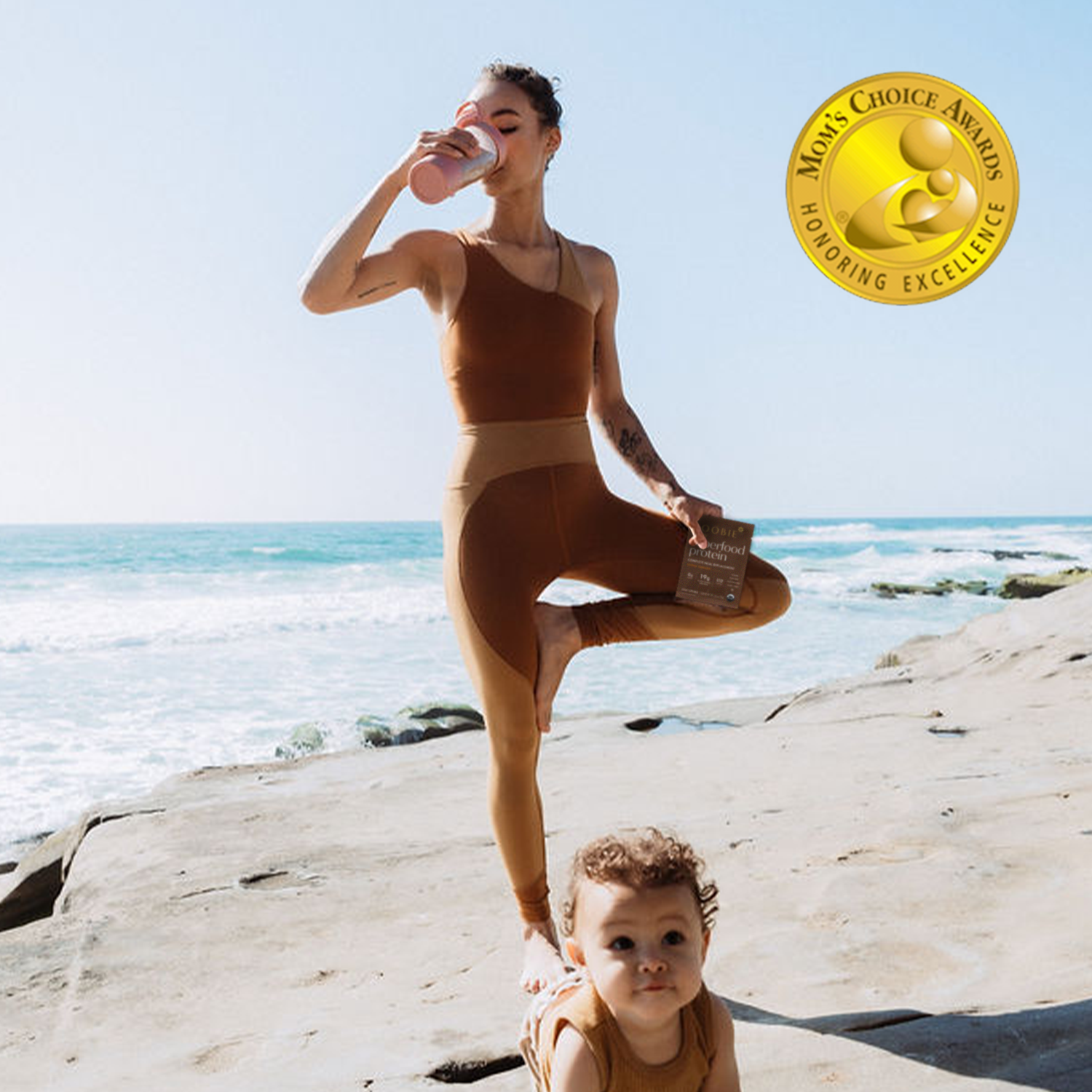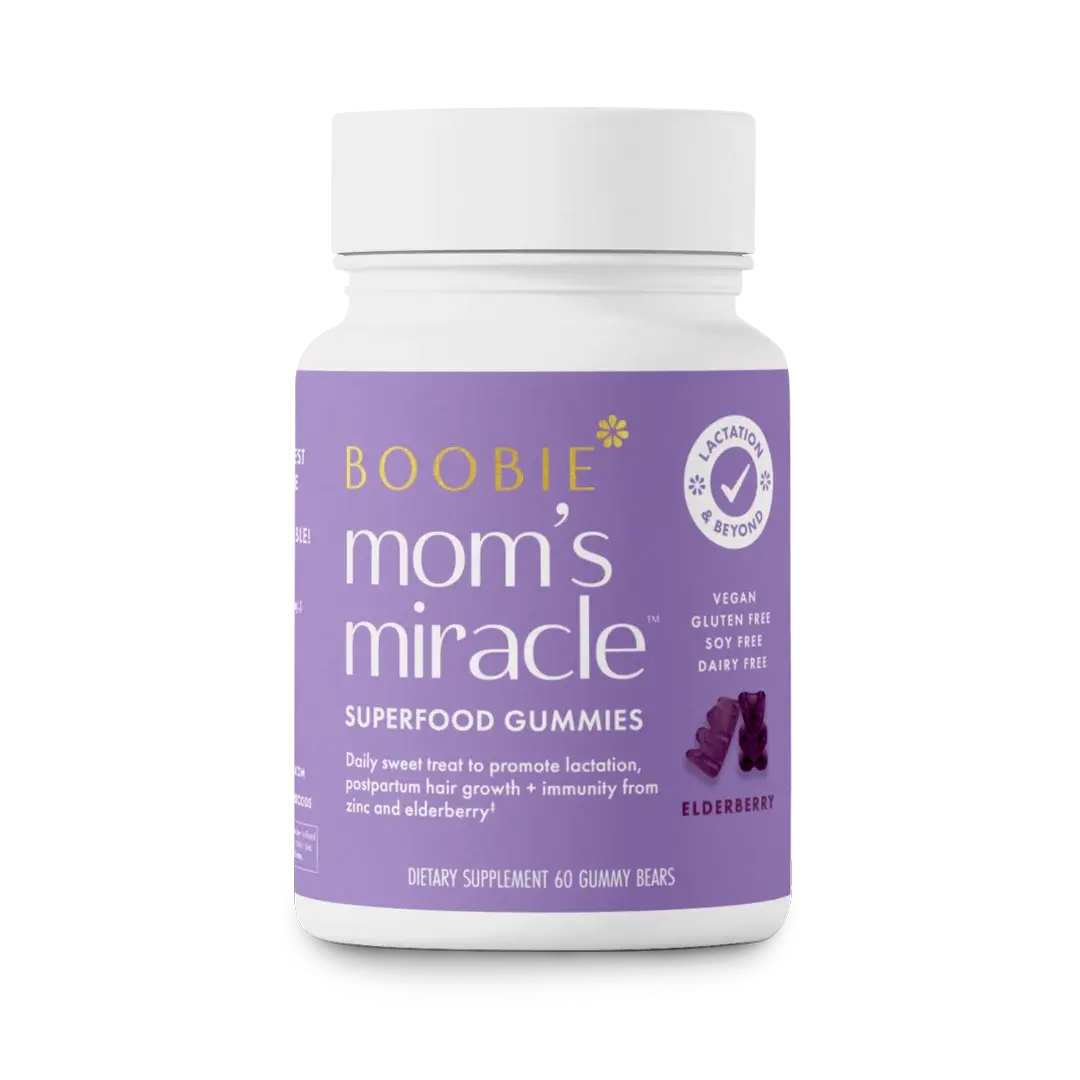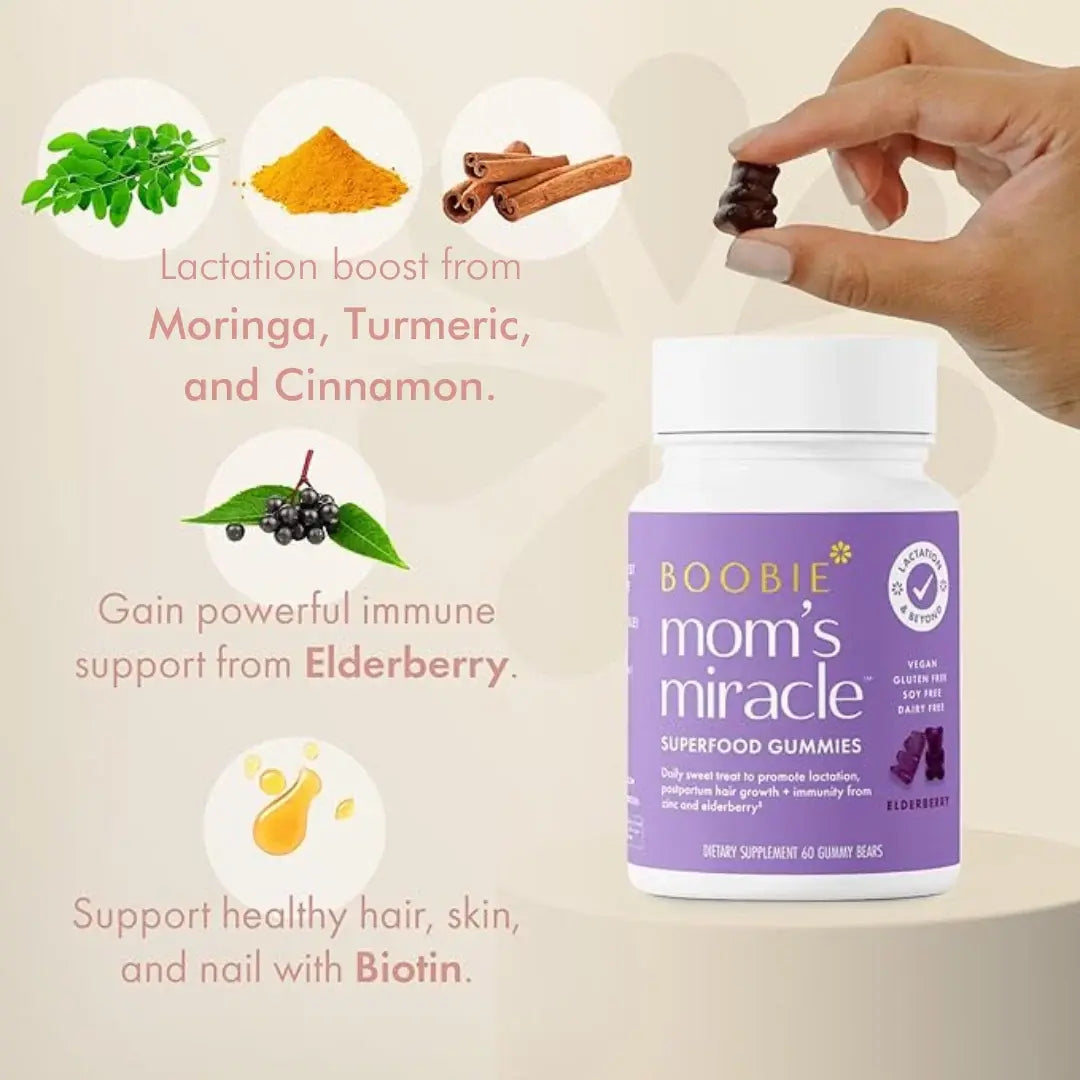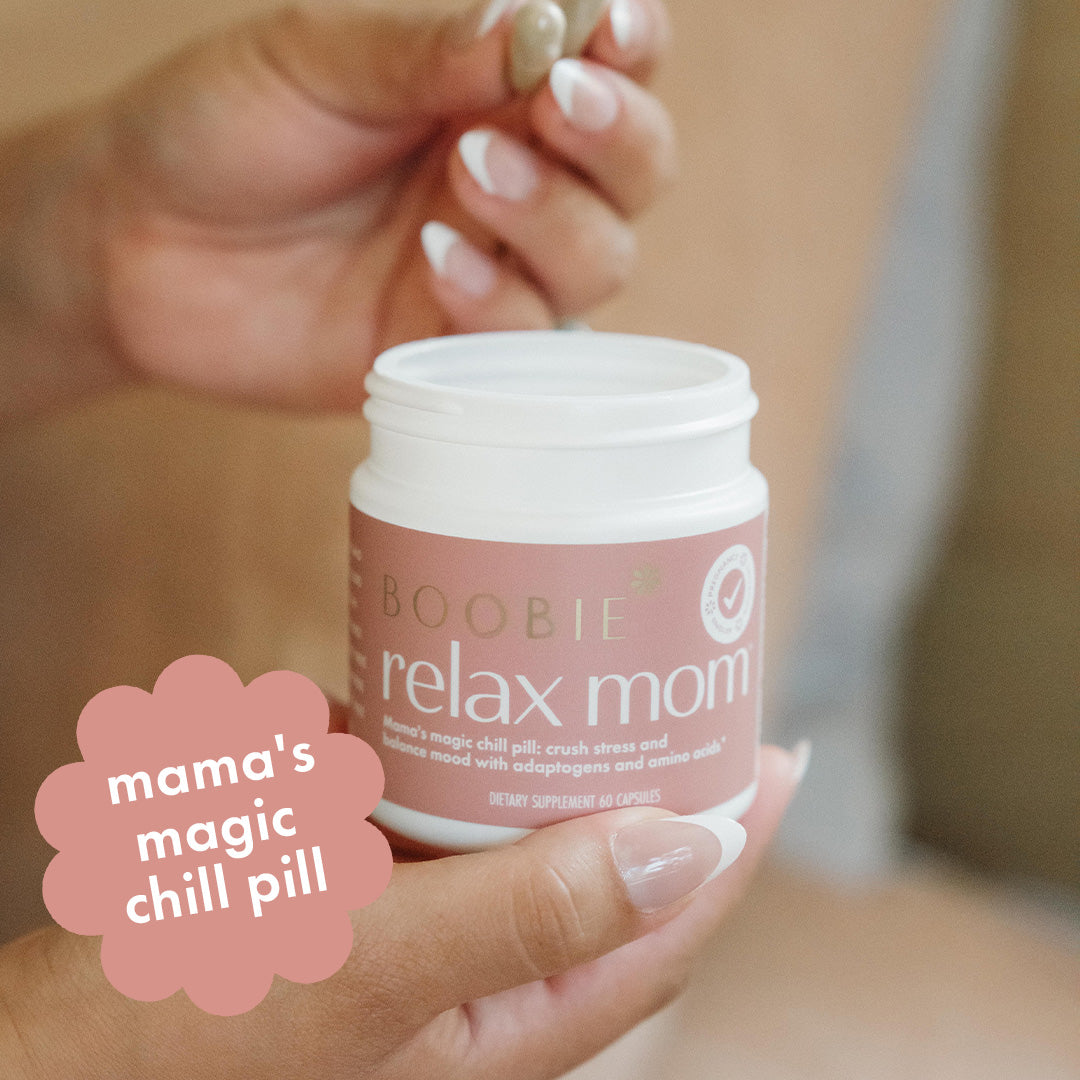By Wendy Colson, RN, IBCLC, RLC
During pregnancy, you’ve likely enjoyed long, flowing locks and hair growth! Then the baby arrives and it seems your lovely mane of hair all of the sudden is shedding. What happened? It’s postpartum hair loss, and while it can be frustrating to lose all of that beautiful growth, it is normal. Here are more tips on what to expect with postpartum hair loss and how to prevent postpartum hair loss.
Is Hair Loss Normal Postpartum and What Can You Do to Help Hair Loss?
It’s hard not to panic when you take a brush to your hair and notice what feels like a huge amount of hair falling out! Rest assured it is a normal response to a HUGE hormone shift that occurs after birth. During pregnancy you may have noticed an increase in hair growth due to these hormones (specifically estrogen which helps with hair follicle stimulation). After birth, the level of estrogen declines back to normal levels and with this, on top of normal hair growth cycles, it can cause postpartum hair loss.
Since the majority of the postpartum hair loss is due to hormonal imbalances, the best strategy on how to avoid postpartum hair loss is to support hormone balance. You can do this through:
Consuming a balanced diet that supports happy hormones
A diet that supports balanced hormones includes a blend of quality proteins, fat and fiber. For proteins, aim for ones high in collagen such as bone in meats, meats with the skin on and collagen powder. Adding quality dietary fats such as nuts, avocados and oils used for cooking and those found in fatty fish such as salmon can strengthen the hair shaft and promote shine. Lastly, adding in plenty of fiber from whole grains and colorful fruits and vegetables provides antioxidants which reduce free radicals that cause cell damage in our bodies. Aiming to get a variety of foods helps to get critical nutrients and vitamins that can support postpartum hair regrowth. Biotin is one of these vitamins that can help convert certain nutrients into energy and support hair and nail growth.
Get quality sleep and reduce stress
We know that stress is inevitable as a new Mama, but working to manage your stress by getting adequate sleep can help to regulate your stress hormone cortisol. Cortisol running high from a lack of sleep can increase inflammation in your body and wreak havoc on the hormones you need to support beautiful hair! While you may not always be able to increase the amount of sleep you get, you can use some tools to increase the QUALITY of the sleep you get. This includes limiting screen time before bed to reduce the amount of blue light exposure (this type of damaging light reduces melatonin which helps with sleep), creating a night time ritual and using some grounding practices for your nervous system such as breath work or meditation.
Practice gentle hair care
Decreasing damage can prevent postpartum hair loss. Avoid using harsh/forceful brushing that can damage the hair shaft and cause breakages, use gentle brushing to avoid any further damage on a delicate scalp that has shifting hair follicles. You can also aim to use a high quality shampoo and deep conditioner that prevents any further damage. Look for products that are sulfate free and provide deep conditioning and repair. Lastly, be mindful of ponytails that cause knots and further damage when throwing your hair up. Silk scrunchies or clips can be an effective way to keep hair out of your face without damaging hair.
Does Everyone Get Postpartum Hair Loss?
While everyone may have different degrees of hair loss, over half of postpartum women experience this shift. Since some factors vary in each woman (diet, sleep, hormones and hair care), the degree of hair loss can be different. The length of hair may also impact how much postpartum hair loss, as women who have very long, thick hair might interpret hair loss as more significant.
How Long Does Postpartum Hair Loss Last?
Postpartum hair loss typically starts within 2-4 months after birth and a typical postpartum hair regrowth resumes around 6 months. You’ll likely start to notice postpartum “baby hairs” that are signs of postpartum hair regrowth cycles. Since postpartum hair loss is largely due to hormonal shifts, some women may experience hair loss for a longer period of time (up to 1 year) due to diet and lifestyle factors.
Do Prenatal Vitamins Help with Postpartum Hair Loss?
Since diet is one of the factors that can support postpartum hair regrowth, taking a quality prenatal vitamin and supplements can be helpful. Aiming to include postpartum hair loss vitamins like our BOOBIE* Bears that include Biotin and Zinc. Other nutrients found in your prenatal vitamin such as vitamin C, vitamin E and, vitamin B complex can also replete nutrient gaps that lead to postpartum hair loss.
As much as you are enjoying spending time with your new baby, postpartum hair loss can be an incredibly frustrating experience. While there is only so much we can do to prevent it, know that this shift is par for the course during postpartum and doing your best to care for yourself and your baby can help prevent postpartum hair loss so you can rock that mom bun!
